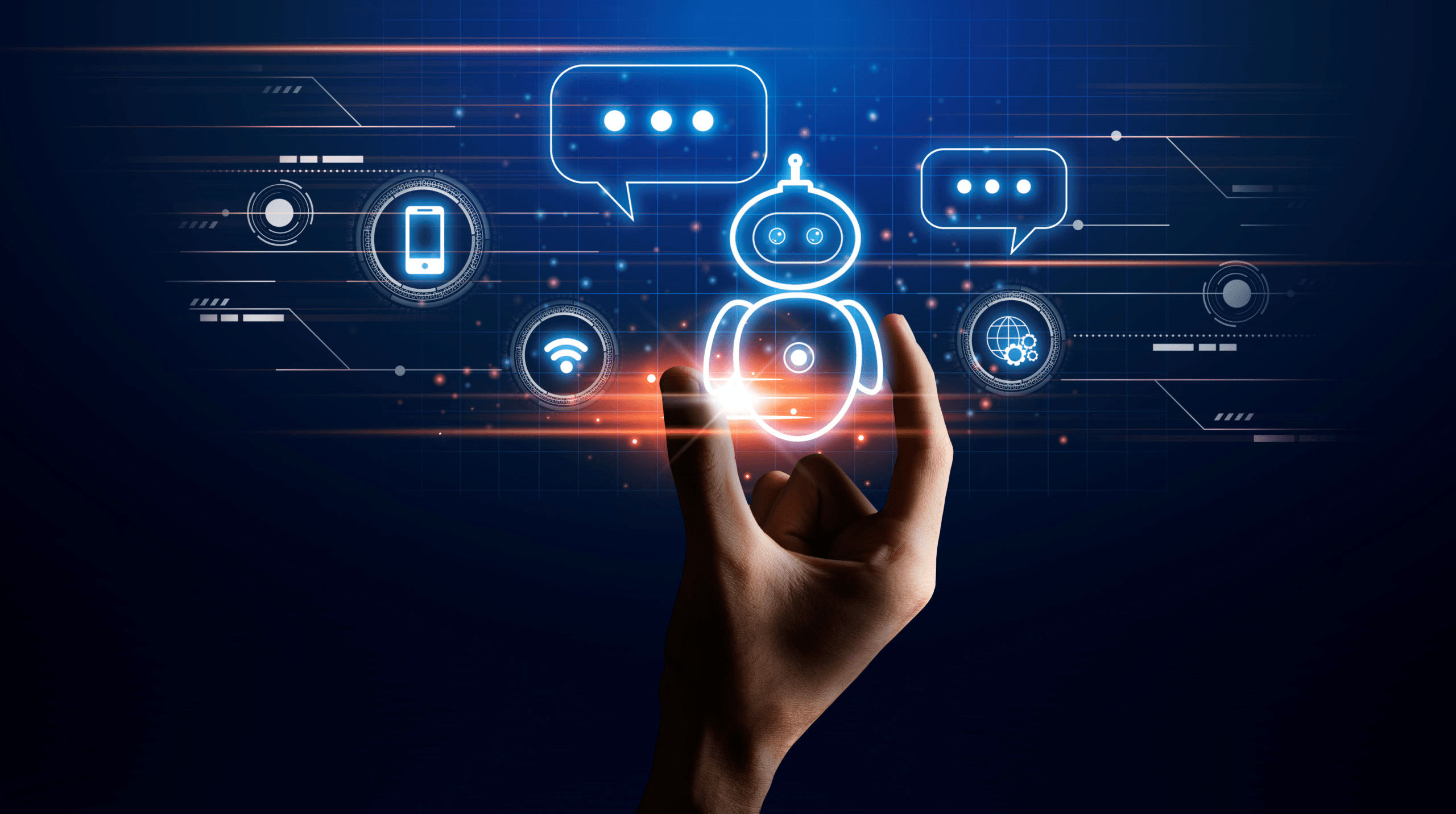
Artificial intelligence has advanced significantly, and chatbots have become commonplace applications. Chatbot programs are created to communicate with people using chat interfaces like messaging applications or website chat boxes. These chatbots can respond to simple queries, offer customer support, and even conduct transactions without human assistance.
AI Chatbots Impacting Jobs: Concerns and Opportunities
Firstly, it is essential to acknowledge that some jobs will be affected by the introduction of chatbots. For instance, if a company replaces its customer service representatives with chatbots, those jobs will inevitably be lost.
However, it is important to note that chatbots sometimes replace jobs entirely. In many cases, they simply augment the work of human employees, allowing them to focus on more complex or specialized tasks. Such a chatbot could handle basic customer inquiries, freeing customer service representatives to deal with more complex issues requiring human expertise.
AI chatbots may lead to the creation of new jobs as well. Looking at recent reports, although it is indicated that AI will replace 85 million jobs across the globe by 2025 (as per World Economic Forum); the same technology will create 97 million new jobs within the next five years (as per the Future of Jobs Report). The demand for developers, data scientists, and other specialists who can create, build, and maintain chatbots will increase as they become more commonplace.
Chat GPT: The Versatile AI Chatbot
You must have heard about Chat GPT when it comes to AI chatbots. Chat GPT is powered by AI that has been trained on how to speak to users in their language. It is impressive and has already been used in several applications, including giving personalized suggestions and assisting people in finding the answers to their concerns. It is an AI-powered chatbot made to have discussions with people in natural language.
OpenAI, the same company that created the renowned GPT-3 language model, is the creator of Chat GPT. It differs from other chatbots as it can respond to each user individually. This is made feasible by the model's extensive training in text data, which allows it to comprehend linguistic context and nuances.
How does Chat GPT operate?
Chat GPT uses natural language processing (NLP) to comprehend your conversations. It then produces a response utilizing its sizable text data store. As a result, Chat GPT can offer correct and natural comments.
Chat GPT's adaptability is one of its most outstanding features. The model can be fine-tuned for activities like customer support or recommendation systems. This implies that companies and organizations can modify Chat GPT to meet their requirements.
AI Chatbots Revolutionizing the Job Market and Transforming Industrial Operations:
Some roles may become obsolete as technology evolves or require a different set of AI skills. In the case of chatbots, jobs that involve customer service or content creation may be changed or even entirely replaced by AI-powered chatbots like Chat GPT. This can lead to benefits and challenges for individuals and industries alike, and it is essential to be aware of these potential impacts as technology advances.
Listed below are the prominent four jobs that could be changed (or even entirely replaced) by AI-powered chatbots:
While chatbots may replace some jobs, there is still a growing demand for AI professionals who can develop, train, and maintain these tools. And plenty of AI certification programs and other training opportunities are available to assist AI aspirants develop the skills required to succeed in this field.
Wrapping Up
Ultimately, AI-powered chatbots like Chat GPT and many others are just an example of how AI technology is evolving the organizational work and the workforce. While some jobs may be impacted, plenty of new opportunities are emerging in AI, making it an exciting time to become a certified AI professional.
Overall, AI chatbots are a promising AI-tech development that can improve customer service, increase efficiency, and create new opportunities for workers in diversified industries. As with any technological advancement, it is essential to consider the potential impact on jobs and take necessary steps to mitigate any counter consequences.
Follow us: